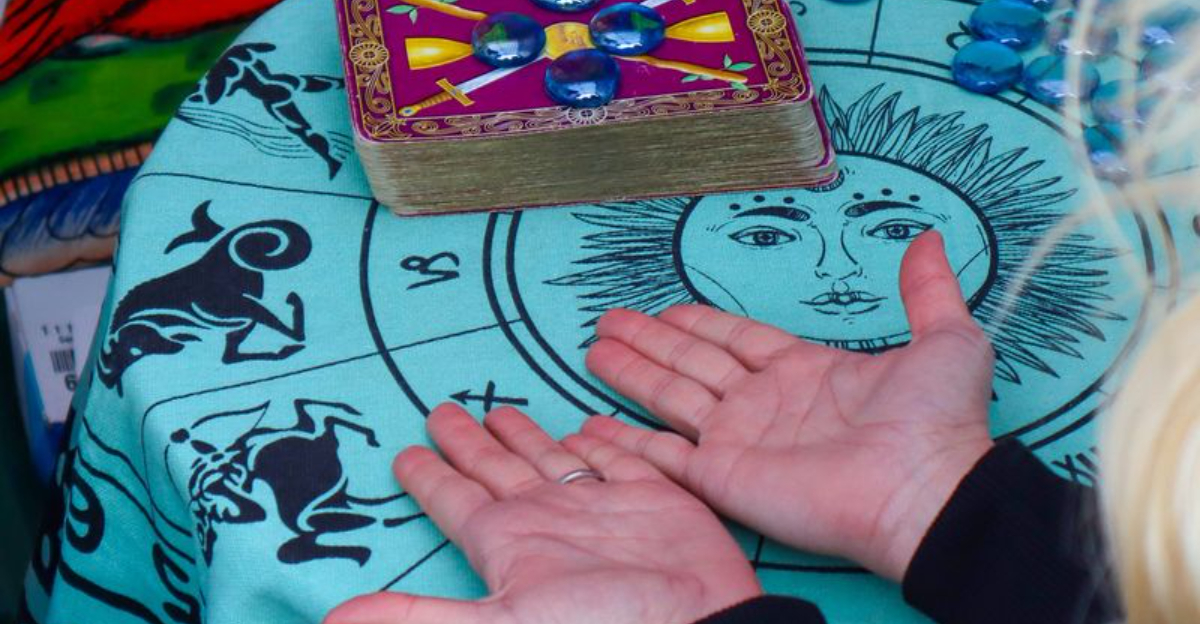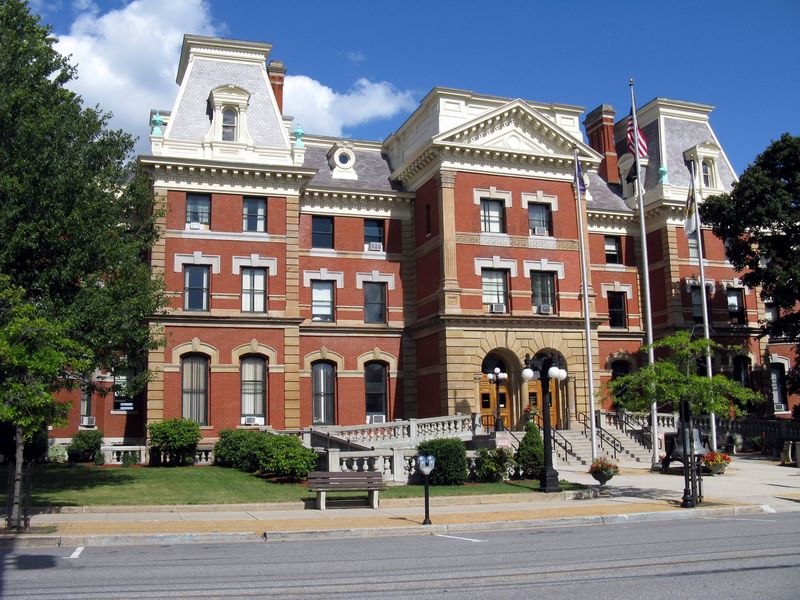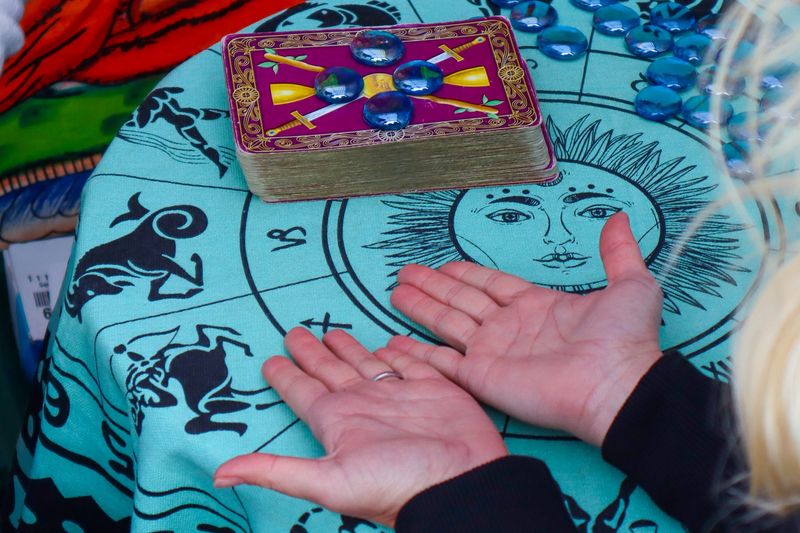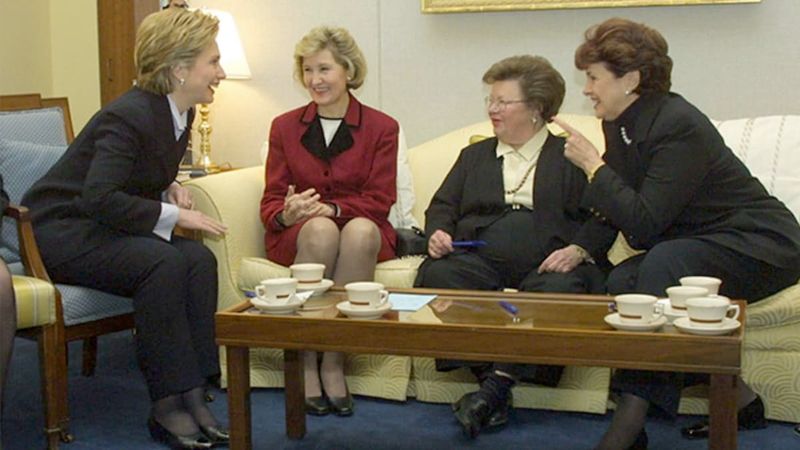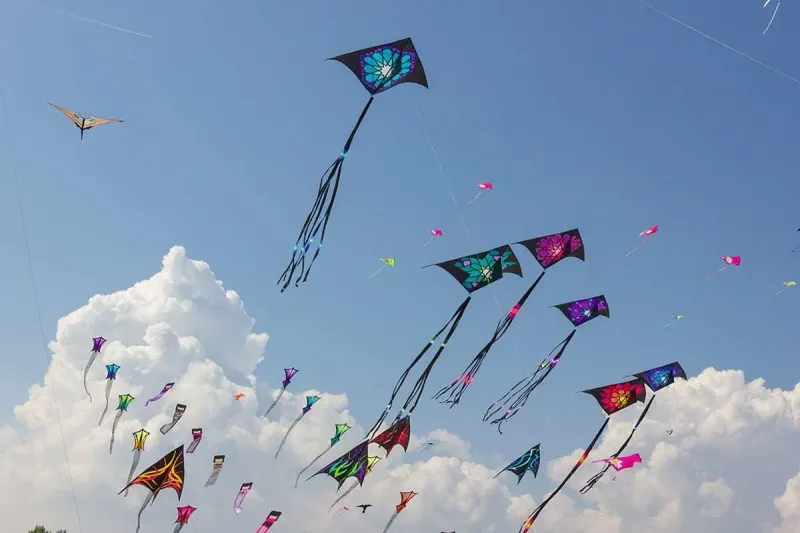The 1990s were a time of significant cultural shifts and technological advancements.
However, some laws from this era seem bizarre by today’s standards.
Here’s a look at twelve of the strangest things that were still illegal in various parts of the world during the ’90s.
1. Dancing to the National Anthem in Michigan
In Michigan during the ’90s, dancing to the national anthem was considered illegal. This peculiar law aimed to maintain respect for the anthem but often led to awkward public moments. Imagine being at a sports event, feeling the rhythm, yet having to restrain yourself from moving to the beat.
This regulation was rooted in a serious intent, but it often clashed with human spontaneity. For the fun-loving Michiganders, this law was more of a humorous challenge than a strict rule. Eventually, common sense prevailed, and such restrictions are now a thing of the past.
2. Advertising “Lost Manhood” in Michigan
During the ’90s, Michigan had a law that prohibited advertisements referring to “lost manhood.” This unusual restriction was a remnant of older, more conservative times when public discussion of certain topics was taboo.
The goal was likely to protect public decency, but it also stifled discussions about men’s health issues. Advertisers had to navigate this rule carefully, often resorting to creative euphemisms. While the intention was to uphold moral standards, it inadvertently suppressed important health conversations.
3. Buying a 15.5-Ounce Beer in Florida
In 1990s Florida, purchasing a 15.5-ounce beer was illegal, thanks to a quirky regulatory standard. The law was tied to specific packaging regulations, leading to confusion among patrons and owners alike.
Bar-goers often found it amusing that they could order a 12-ounce or a 24-ounce beer, but not a 15.5-ounce one. This oddity was more of a regulatory oversight than a public safety concern. It remained a talking point and a trivial tidbit for trivia enthusiasts until it was eventually corrected.
4. Not Registering as a Communist in Ebensburg, Pennsylvania
In Ebensburg, Pennsylvania, the ’90s carried over a Cold War-era law requiring communists to register with the government. This peculiar requirement reflected enduring suspicions from previous decades.
Though largely unobserved and unenforced, the law was a reminder of past ideological battles. For most residents, it served as a historical curiosity more than a real concern, symbolizing a bygone era of political paranoia. The law’s presence was more for archival narratives than practical enforcement.
5. Getting Your Fortune Told
Fortune telling was illegal in many places during the ’90s. This ban often stemmed from fears of fraud and superstition, reflecting a skeptical view of mystical practices.
Psychics and fortune tellers had to operate in a legal gray area, often facing fines or closures. For many, fortune telling is seen as entertainment, but the law treated it as a potential scam. While the intent was to protect from deception, it also curtailed a form of cultural expression and curiosity.
6. Women Wearing Pants on the Senate Floor
In the ’90s, a rule prohibited women from wearing pants on the U.S. Senate floor, enforcing outdated gender norms. This dress code was a stark reminder of the era’s lingering gender biases.
Female senators found this restriction not only impractical but also symbolic of broader gender inequalities. While it was primarily a dress code issue, it became a focal point for discussions on women’s rights. Thankfully, this rule was eventually revised to reflect modern sensibilities.
7. Playing Pinball on Sunday in South Carolina
In South Carolina, playing pinball on Sundays was illegal, a holdover from blue laws meant to enforce Sabbath observance. Arcades were off-limits, leaving young pinball enthusiasts bored on Sundays.
This law was reflective of broader attempts to regulate leisure activities on the Sabbath. Such regulations were met with frustration by many who saw them as intrusive. Over time, as societal values evolved, these restrictions were relaxed, allowing more freedom of choice.
8. Using Metal Detectors on the Beach in Delaware
In Delaware, using metal detectors on certain beaches was illegal in the ’90s. This regulation aimed to protect historical artifacts and preserve archaeological sites.
Treasure hunters often found themselves at odds with the law, unable to pursue their hobby freely. While the law aimed to safeguard history, it also limited recreational activities. Enthusiasts had to find other ways to enjoy their pastime or travel to locations with more relaxed rules.
9. Fishing Without a Shirt in Chicago
Fishing without a shirt in Chicago’s public waters was illegal in the ’90s, a peculiar public decency regulation. Anglers were required to be fully clothed, even on the hottest summer days.
This law was part of broader efforts to maintain public decorum. While it aimed to uphold standards, many saw it as unnecessarily restrictive. It became a quirky anecdote for local fishermen who had to ensure they packed an extra shirt for their trips.
10. Participating in a Marathon Without a Permit in New York
In New York, running a marathon without a permit was illegal, a policy aimed at managing public events and ensuring safety. Marathon organizers had to navigate bureaucratic hurdles to host their events.
While the intention was to maintain order, it sometimes discouraged spontaneous athletic gatherings. Runners occasionally joked about needing a ‘license to sweat.’ Today, permits are still required, but the process is streamlined, encouraging more organized and safe events.
11. Owning an Unlicensed Ferret in California
In California, owning a ferret without a permit was illegal due to concerns about wildlife management. Ferrets were considered non-native species, and regulations aimed to prevent ecological disruption.
Ferret enthusiasts often felt targeted by this rule, which seemed overly cautious to them. While the law was meant to protect local ecosystems, it sparked debates about pet ownership rights. Today, the regulation remains, though it continues to be a point of contention.
12. Flying a Kite in Washington D.C.
Flying a kite in certain areas of Washington D.C. was illegal in the ’90s, largely due to security and public order concerns. Families visiting the capital had to find alternative spots for this simple joy.
While intended to prevent accidents or disruptions near sensitive locations, the law was seen as overly restrictive by many. It was a curious regulation that puzzled tourists and locals alike, often leading to amusing stories.
